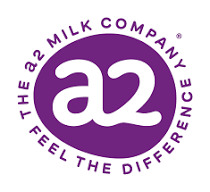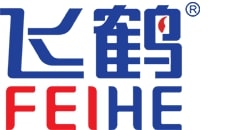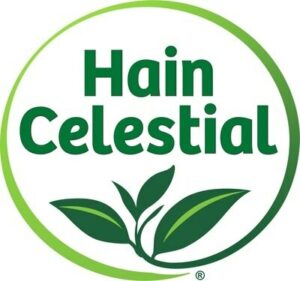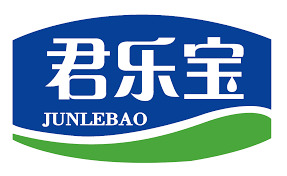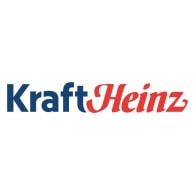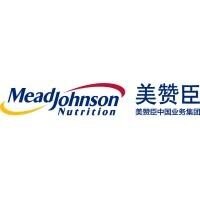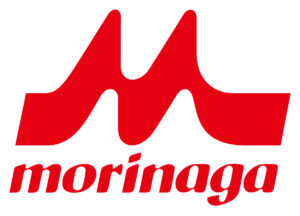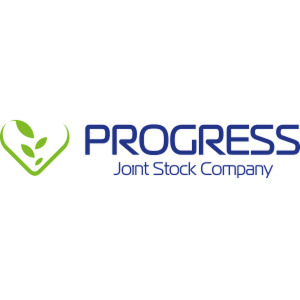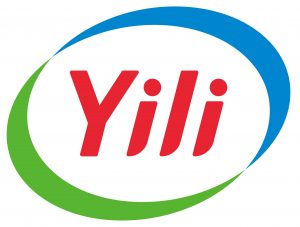Infant and Young Child Nutrition
From conception to two years old, nutrition within the first 1,000 days of a child's life is particularly important.
Context
The first 1000 days of a child’s life play a critical role in shaping their future health and prosperity. What they eat and drink during this period will irreversibly determine how likely they grow to their full potential and reduce susceptibility to Non-Communicable Diseases later in life. Ensuring parents and caregivers are given freedom and support to make informed decisions about how best to feed their children is essential. Breastfeeding has to be championed by all stakeholders as the best option during the first six months of life.
The market for Breast-Milk Substitutes (BMS) and Complementary Foods (CF) which are developed and sold by various companies globally has seen significant growth in the past years. Therefore, it is important to critically look at companies’ marketing practices and compliance to international standards to support healthier infant and young child feeding practices.
International Frameworks
The importance of infant and young child nutrition is recognised by the World Health Organization (WHO) and governments around the world, as it is linked to the achievement of the Sustainable Development Goals 2 and 3.
WHO recommends that babies are breastfed exclusively for the first six months. Scaling up breastfeeding to near universal levels could prevent the deaths of 500,000 children and almost 100,000 women each year.
The International Code of Marketing of Breast-milk Substitutes and all subsequent relevant World Health Assembly (WHA) resolutions set out recommendations for appropriate marketing of both breast-milk substitutes (BMS) and complementary foods (CF). Manufacturers and distributors of BMS and CF are responsible for ensuring their marketing practices conform to these principles.
From six months of age, WHO recommends introducing safe, adequate and nutrient-rich foods, in addition to breast milk. This period of complementary feeding generally lasts up to 23 months of age. It is a critical period in the growth and development of infants and young children that can influence short- and long-term health outcomes.
Since global guidelines and standards for the production and marketing of commercial CF were developed by Codex Alimentarius, the market has grown, and the marketing landscape has evolved. ATNi has been closely following the developments on this topic, as well as the introduction of the Nutrient and Promotion Profile Model (NPPM) by WHO, specifically designed for CFs.
Yet ATNi’s research shows that, to date, none of the large BMS companies have achieved full Code compliance.
ATNi's IYCN Work
BMS & CF Indexes
ATNi has been assessing BMS companies’ marketing policies and practices since 2013. Our IYCN Marketing Indexes have continuously evolved leading to the first ever simultaneous publication of two separate indexes: BMS Index 2024 and our new CF Index 2024. In addition, ATNi has conducted product profiling work to assess both the nutritional quality and the promotion of commercial complementary foods. This new research provides a far more complete and nuanced picture of where the companies stand, and whether progress has been made.
The scope of ATNi’s BMS and CF Indexes 2024 has expanded to include more regional and national companies covering top 20 baby food companies and includes five country studies: China, Germany, Indonesia, Viet Nam and USA.
BMS and CF Indexes 2024
BMS and CF Indexes 2024 Methodology
BMS Index 2021
BMS Marketing Report Global Index 2018
Projects
Beyond our Index work, ATNi has recently completed various assessments of the nutritional composition and labelling practices of commerically-produced CF (CPCF). Below you can find links to the two latest projects:
A Company Benchmark of Packaged First Foods in Southeast Asia
COMMIT is the Consortium for Improving Complementary Foods in Southeast Asia. It was established to better understand the use, quality and regulation of CPCF in seven Southeast Asian countries. ATNi’s role in COMMIT is to report on how food and beverage companies’ CPCF products perform against an adapted version of the nutrient profile model for CPCF developed by the WHO Regional Office for Europe.Read more
ATNi Complementary Food Product Profile 2024
ATNi has also worked on assessing the nutritional composition and labelling of complementary foods across 10 countries and for six of the largest companies, using the Nutrient and Promotion Profile Model developed by the World Health Organisation in 2022. The objective of this research is to increase the body of evidence on the nutritional quality and labelling practices of CPCF, given the substantial global growth in the CPCF market. For more information, a full report is available.Read here
Other Initiatives
This section includes current and past initiatives linking to ATNi's IYCN work
Current Initiatives
BMS Call to Action
The Call to Action was issued in June 2020 by WHO, UNICEF, Save the Children, Helen Keller Intl, FHI Solutions, FHI 360 and BRAC. It was directed to all companies that sell breastmilk substitutes globally and was sent directly to the CEOs of 21 companies. It called on BMS companies to make unambiguous, measurable commitments to align their marketing policies and practices with the International Code of Marketing of Breast-milk Substitutes and subsequent World Health Assembly resolutions (together referred to as the Code).
Companies in IYCN Indexes
Below you can see all scorecards of companies assessed in the various iterations of the BMS and CF Indexes
